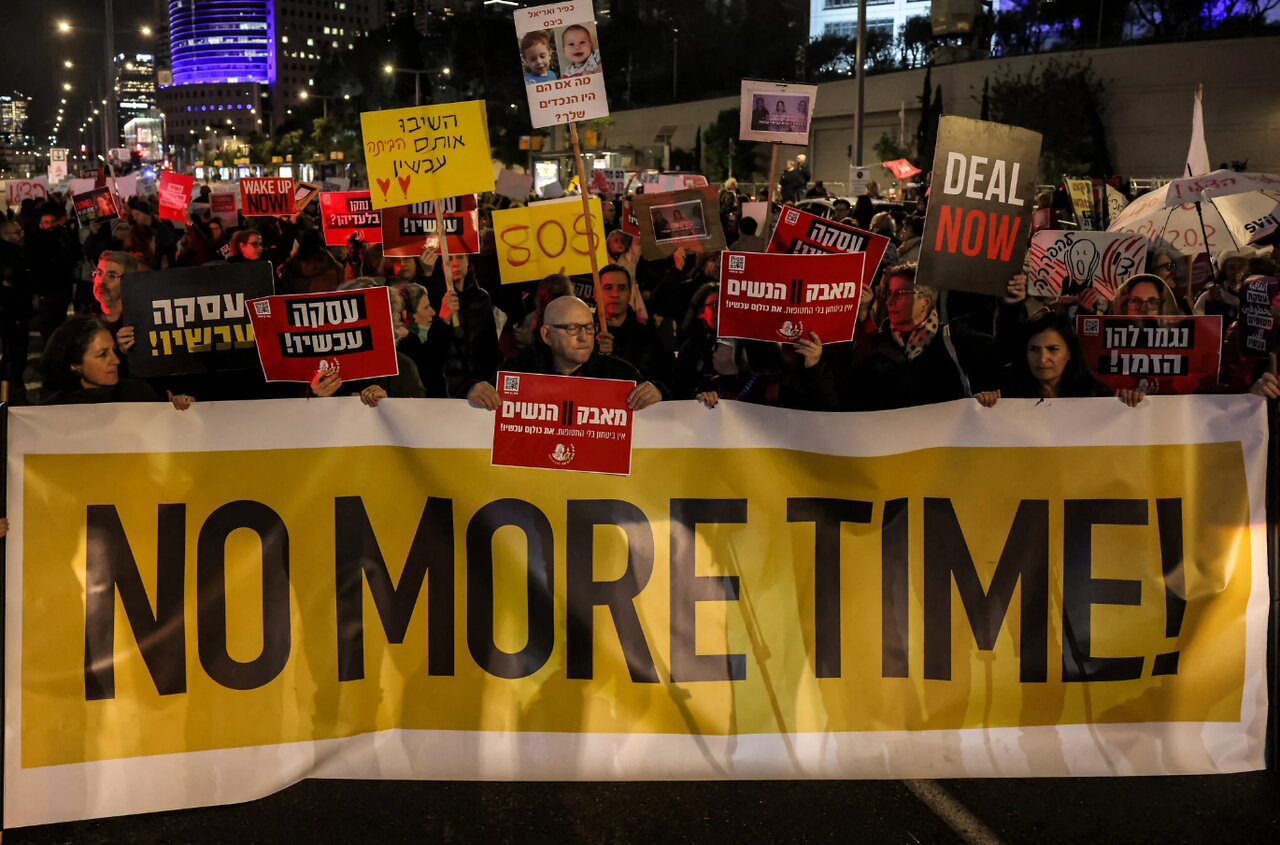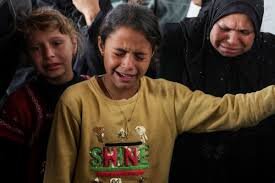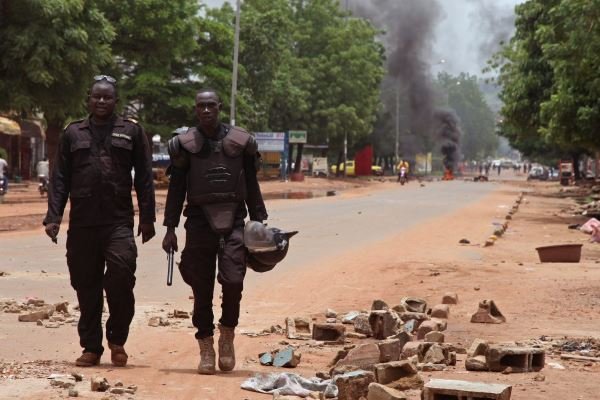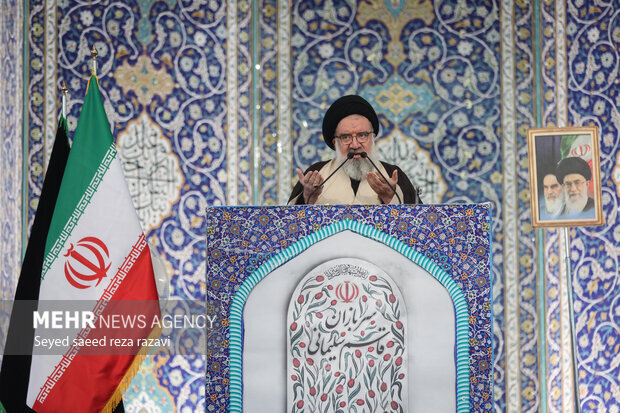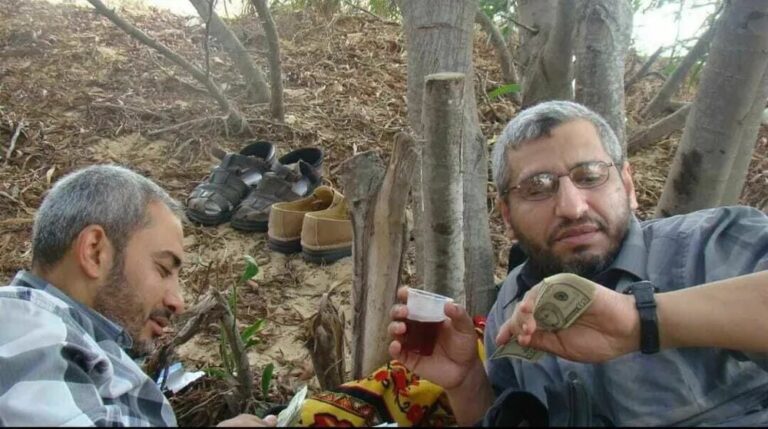Netanyahu’s Survival Tactics Ignite Internal Uprising: A Deep Dive into the Political Turmoil
In recent weeks, Israel has witnessed a significant rise in protests as tens of thousands of citizens express their outrage over the ongoing hostage crisis and Prime Minister Benjamin Netanyahu’s leadership. These demonstrations have become a crucial indicator of the growing divisions within Israeli society, highlighting the urgent need for action regarding hostages taken by Hamas in Gaza.
The protests, which began in late 2023 and have intensified into 2025, reflect not only the deep anguish of families with loved ones held captive but also a pressing political crisis that could potentially destabilize Israel’s government. As demonstrators march across the country, they are not only demanding the swift return of hostages but also questioning the effectiveness of Israel’s long-term approach to the Palestinian conflict.
- Hostage Crisis and Military Actions: The crisis escalated following Hamas’s attack on southern Israel on October 7, 2023. Netanyahu’s government has leveraged this situation to justify a brutal military campaign in Gaza, which many believe endangers innocent lives.
- Voices of Anger: Families of hostages and former captives have emerged as vocal critics of the government’s war-centric policies, emphasizing the need for a diplomatic approach that prioritizes human lives over political agendas.
- Military Support: Even members of the Israeli military, including pilots and reservists, have joined the protests, indicating a fracture in the traditionally solid narrative of national unity.
The protests reveal a stark reality: while many march for the sake of their loved ones, they also express broader discontent with Netanyahu’s regime, which has been criticized for prioritizing military action over meaningful negotiations. The Prime Minister’s dismissive stance towards international criticism, labeling claims of genocide as “false and absurd,” further alienates those advocating for peaceful solutions.
Protesters have characterized Netanyahu as a “danger to Israel,” highlighting fears that his administration is jeopardizing the nation’s safety to maintain power. The widespread calls for accountability and justice underscore a growing sentiment among citizens that their government has failed to protect them.
International Response to Israeli Leadership
In a landmark development, the International Criminal Court (ICC) has issued arrest warrants for Netanyahu and Defense Minister Yoav Gallant, marking a pivotal moment in the pursuit of justice for Palestinians. This unprecedented action signifies a shift in the global perspective on Israel’s military conduct, with increasing calls for accountability from organizations such as Human Rights Watch and Amnesty International.
- Calls for Sanctions: Advocacy groups are urging the international community to impose sanctions, restrict arms sales to Israel, and take decisive action against its military operations.
- Western Support: Despite these calls, powerful nations, particularly the United States, continue to provide military and political backing to Israel, complicating efforts to halt the violence in Gaza.
Under Netanyahu’s leadership, the Israeli government has been accused of perpetuating a cycle of settler violence and systematic oppression against the Palestinian population. Actions such as displacing Gazans from their homes, destroying essential infrastructure, and launching frequent attacks on Palestinian communities contribute to a narrative of erasure of their history and identity.
While the hostage crisis is undeniably tragic, it should not distract from the broader context of Israeli aggression. Netanyahu’s tendency to use hostages as leverage for political gain highlights a troubling reality where human lives become pawns in a larger geopolitical game. The protests, although significant, mostly illustrate public outrage at government failures rather than a comprehensive challenge to the underlying injustices of the occupation.
A Call for Justice and Peace
The path to achieving genuine justice and lasting peace in the region hinges on dismantling the apartheid system, lifting the blockade on Gaza and the West Bank, and acknowledging Palestinians’ right to self-determination. The international community must cease its support for oppressive policies by instituting sanctions and holding Israel accountable for its actions.
The ongoing protests in Israel serve to expose the contradictions of a government that claims to prioritize the safety of its citizens while simultaneously inflicting harm on another population. True freedom for Palestinians and the release of all captives can only be realized through an end to the occupation and a commitment to respecting the rights of every individual in the region.
